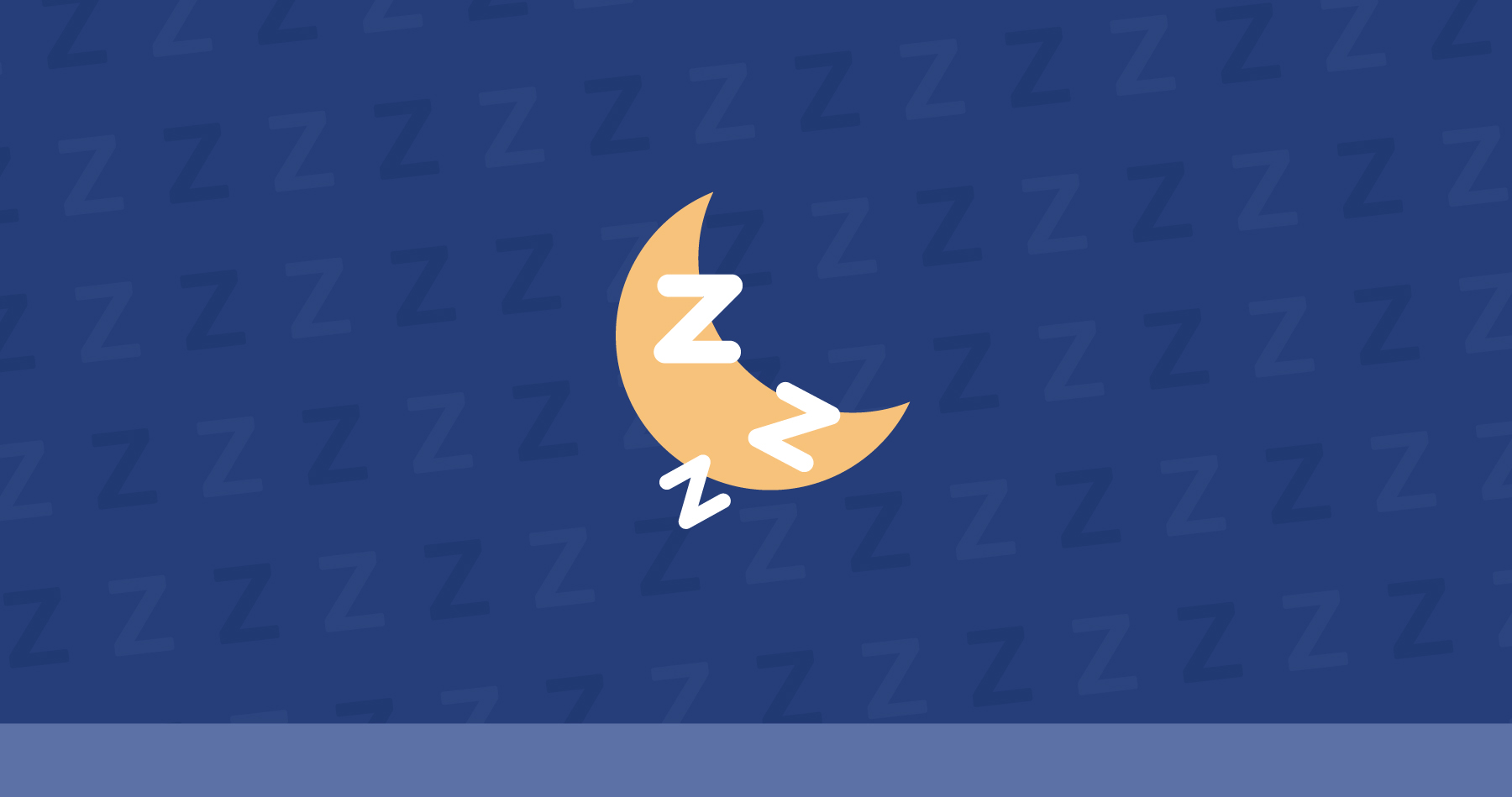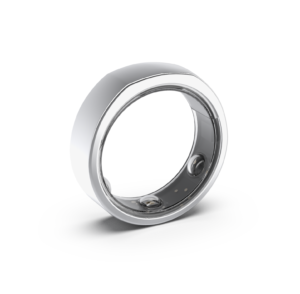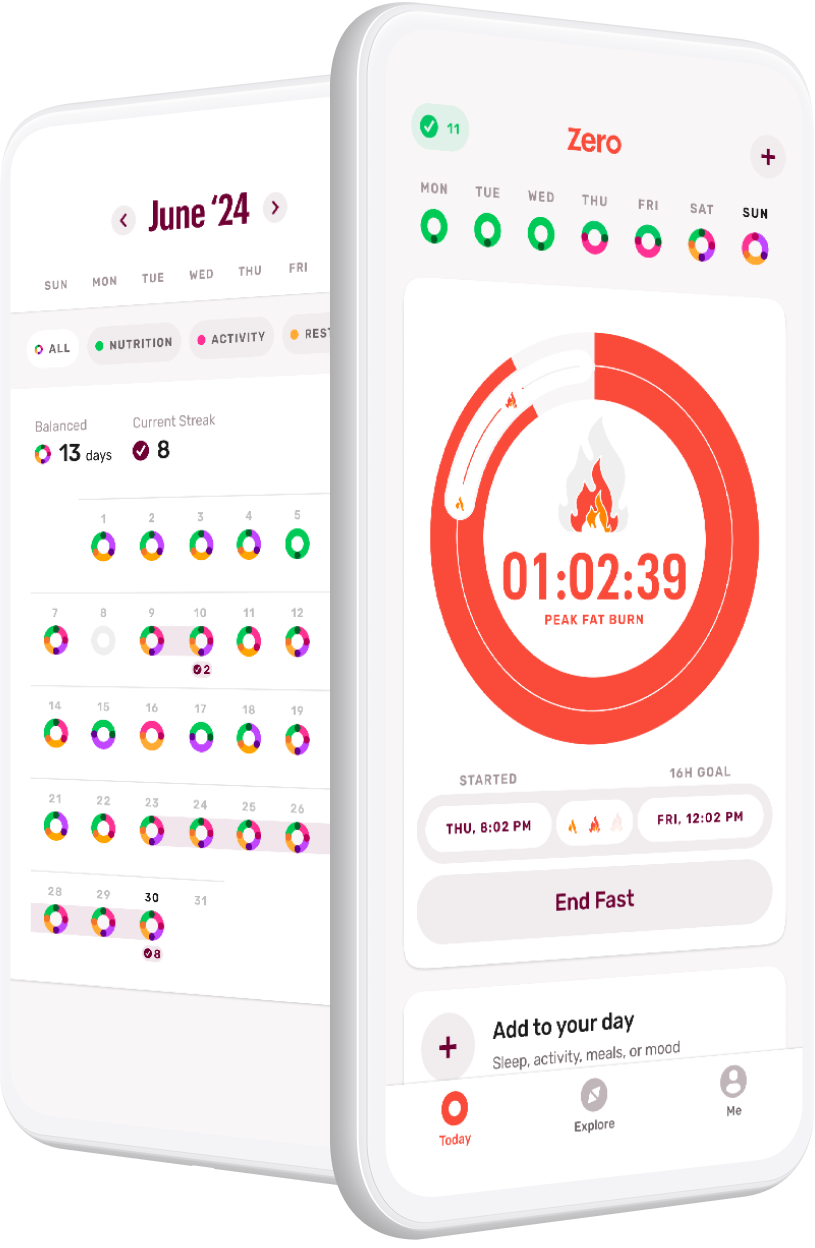Written by Oura in partnership with Zero
How you eat impacts how you sleep more than most people realize. Late night meals can affect the time it takes for you to fall asleep, your sleep efficiency, and how much REM or deep sleep you get.
The reason is more evolution than strictly biology—it goes way back to the cave. Before modern times, humans hunted and ate during the day and slept and rested at night. Over time, our bodies developed networks of internal clocks, including ones in your brain and digestive system (stomach, liver, and pancreas).
If you gobble a hamburger or brownie before you hit the sack at night, your internal clocks get confused. The one in your brain sees that the sun has set and is primed for sleep. The clocks in your digestive system kick into high gear—those organs are now actively digesting instead of relaxing—at the very moment when the other clocks are preparing for bed.
You’ve now forced your body to sleep and digest at the same time—activities that the body has not evolved to do well in parallel. This splits your body’s attention between two tasks, and it struggles to do a great job at either one.
Fasting and Sleep
The clocks in your digestive system don’t enjoy getting activated right before sleep, so fasting and sleep are a complementary pairing. Right?
The answer is yes, and there’s more to it.
If you’re embarking on a serious fasting routine, it’s best to be equipped with a few more details before diving in, because different fasts affect sleep differently.
Circadian Rhythm Fasting
If you eat when it’s light out and fast when it’s dark, your brain and digestive system are naturally aligned. When your brain sends the message to power down, your stomach, pancreas, and liver are already done for the day and agree it’s time to go offline.
If you have a large meal too close to bed, your digestive system votes to prioritize processing food over sleep.
First-Time Intermittent Fasting
Many first-time fasters report disrupted sleep—the dreaded experience of lying wide awake in bed, bored and hungry. Why is this?
Even though it’s dark outside and your body’s other clocks have called for bedtime, the clocks in your digestive tract are reporting back: “We haven’t eaten anything in a while! Are you sure we shouldn’t stay up and look for food?”
As a result, your body might jump into action and produce the stress hormone cortisol to help keep you awake in case food walks by.
This is temporary—your body is simply getting used to a new routine. After an adjustment period that generally lasts 3 to 7 days, your body recaptures its rhythm and fasting can actually benefit sleep.
Long-Term Intermittent Fasting
When you fast regularly, your body adapts to your new schedule and your circadian rhythm becomes more pronounced (in a good way). Intermittent fasting causes insulin levels to drop and melatonin levels to rise. Melatonin is your body’s primary sleep-promoting hormone and can help you fall asleep faster and stay asleep longer.
Fasting also promotes the release of human growth hormone, one of your body’s vital resources for repairs while you’re asleep.
Tips for Sleeping on an Empty Stomach
While you’re sleeping your body fasts naturally. To take advantage of your eating schedule and align your internal clocks:
- Avoid big meals close to bedtime: Reaching for a midnight snack? Think again. Eating elevates your metabolism and heart rate before bed and harms your sleep. It’s best to avoid heavy meals 3 hours before bedtime.
- Take it easy when you start fasting: Higher levels of cortisol when you first start fasting can signal to your body that you are in fight-or-flight mode. Consider taking additional time to unwind and relax your body before bed to promote a restful night’s sleep.
About the Caves, Those Clocks, and Measuring Sleep
Today’s hectic, always-on lifestyle, has resulted in humans being out of rhythm with the circadian instincts we evolved during the cave days. Our bodies simply have not adapted to this new reality of relative food abundance, leading to chronic under-rest or sleep deprivation.
Further complicating matters is the complexity and diversity of the human population. Individuals won’t all react the same way to fasting regimes. This provides an opportunity for objective sleep measurement tools—like Oura—to guide us with insights about how fasting and other behaviors impact us on an individual basis. Oura empowers you to own your inner potential by providing this type of insight so you can make better daily decisions.
Oura tracks your heart’s activity and body temperature throughout the night, which gives you clues into whether your internal clocks are aligned. For instance, you’ll notice a higher-than-baseline heart rate and body temperature on nights when your body is multi-tasking between sleep and digestion.
Conversely, you can also see how fasting helps your internal clocks stay aligned as you track and observe differences in sleep quality between fasting and non-fasting days.
We’re not going back to the cave anytime soon, but we now have the knowledge and tools to get back in rhythm with the incredible biology of the human body.
- The Complete Guide to Fat Burning - April 30, 2024
- Zero Live #4: 3 Ways to Boost Fat Burning - March 28, 2024
- Zero Live #3: Nutrition, Fast Breakers, and Fasting - March 11, 2024




Very interesting
Very interesting 🤔
Very interesting, yesterday was my first day of fasting, I hope I loose the weight I win in 2019
Just belive in the remedy and you will gain 100% result💪🙏
Intermittent fasting works a great day. Lost 19kg in 3 months, while exercising for 2 months. It’s totally worth it.
Please can you provide other means of sharing these articles such as via WhatsApp or emails. Not everyone is on facebook or Twitter. Thank you
I agree
Yes I don’t do Facebook or Twitter either.
I am with you Lara
Since “different fasts affect sleep differently” how do I keep a consistent sleep and fast pattern while doing different types of fasts?
Aim to:
– go to sleep every single day at same time;
– sleep 8 to 9 hours every night;
– finish your last meal of the day at least 3 hours before bed time;
– adapt your fasts accordingly;
– have fun / enjoy!!! 😊
Good advice thanks.
I’m in the middle of a 48hours fast and the clock says I have to eat at 11pm tonight. Should I go to bed on the empty stomach or fast 8 more hours? Or should I break my fast earlier?
It’s best to eat in the morning when you wake up.
I never eat first thing in the morning. My husband and I eat dinner at about 7 p.m.
You need to break your fast to allow at least 6 hours and 2 meals to refuel. I’d break your fast sooner. Good luck!
Good stuff!
It’s very important to know this because sleep is the most important time for out bodies to repair.
Thank you editor!
I’ve been fasting since November and I’ve noticed that my sleep does improve if it’s been a while since I have had a meal. It will be great to learn what other problems the body can solve when we stop shoving food in our mouths incessantly.
Very Interesting! I’ll be starting my fasting.
I have started my fasting and daily exercise and already seen huge results in twelve days.
What is the best small “snack” to eat if too hungry to sleep ?
Hey Ray, try some apple cider vinegar mixed with a little water. They say it’s good for the stomach and keeps your hunger at bay.
I work shift work and my eating and sleeping times are not as your normal faster.
I have to lose weight, and have to make some lifestyle changes for sure. I came across Intermittent fasting and thought why not give this a chance!
I am now on day 8 of my 16/8 intermittent fasting, it was a rough start the first few days but I think I’m finally getting used to my eating and sleeping habits.
Thank you and looking forward to a new year with healthier habits and my new normal (battling breast cancer, 6 months in)!
I can relate to the breast cancer. I was dx Stage 3c with inflammatory breast cancer Nov of 2013. Gained 31-33 lbs and up until now it’s been tough losing that weight . I started intermittent fasting/stopped eating foods with added sugar ( but allowing for the occasional goodie still but with in my eating window ) and try to avoid fried foods . Anyway was going great up until Christmas ( even did a 72 hour fast before Thanksgiving) . During that time after about a month I lost 13 lbs. Felt so much better . Then during Christmas I indulged and continued this until about 4 days ago. During the indulgence I started to feel bloated, dragged down and tired . Now that I’m back in my groove I already feel so much better. It took me 6 years to find out what worked for me. So I truly hope this works for you ( during chemo I couldn’t have done it ) as it is for me. I also wish you the best with your fight against breast cancer.
9 year breast cancer survivor here as well! After cancer I slowly started to put on weight. Gained 20 pounds after bc. I started the 16 fast 8 window at first and progressed to the 18/6. I already lost 10 pounds and 2.5 inches on my waist! It has been a little over a month now. The best part is I dont feel deprived and I am still losing weight!
** I try to eat under 1, 000 calories most days…. If I know I am going out with friends that night, I eat light all day so I can indulge a bit more at night.
Did you mind if I ask if you experienced any symptoms with inflammatory breast cancer prior to diagnosis?
I’m just beginning and the responses from others who are fasting is very helpful.
I started this first of the New Years I already lost 5 pounds. I don’t feel hungry have a lot of energy. I taught I couldn’t make it for those people just starting keep on you will not regret it.
Thank you for adding the “mail it” button. Thanks for the prompt response.
Been fasting and feasting (keto/carnivore) 3 years, down 165 lbs. My usual os either 20/4 (Warrior) or OMAD. Fasting is a game changer and the biggest tool in you’re toolbox.
Wish I could say the same as everyone here. I’ve been fasting 16/8 since the beginning of December with a few 24 hour fasts (dinner to dinner). While I did initially lose 6 pounds it’s all come back. Guess my body has adjusted and slowed my metabolism to compensate. I’ve had trouble on doing a low carb diet with only losing one pound in six weeks. I’m 65 so don’t know if that factors in at all. I eat very healthy so it’s not like I’m eating junk food which would screw dieting up and I haven’t used sugar for I don’t remember how long. Never had a weight problem when I was younger…….only since I hit menopause.
I’m on 23:1 (I eat one meal a day).
I usually eat my one meal a day at 7 pm, going to bed after 9 pm, with little problem falling asleep.
Recently, I trialled eating at midday, and the first night I noted that I was having trouble falling asleep. I don’t know why. I wasn’t feeling hungry. I never feel hungry, not even when I eat.
My daily meal is beginning to default to an evening meal, since I don’t get around to eating at the proscribed 23 hour period. Today I’m ‘due’ to eat at 4 pm.
I can’t sleep when I do extended fasting
Fasting is a way of life for me. I try to vary the length of my fasts but 16:8 are my favorites. I do like the app and all the info updates.
I work rotating 12 hour shifts, so my days are sometimes sent sleeping and I’m awake all night. I’m curious how that effects the body. When do I fast? I like to eat in the morning after my overnight shift before I go to sleep. Otherwise, I’m never hungry in the daytime. I usually don’t eat until 6-7pm. I’ve been an intermittent faster my entire life. I’m just not hungry in the daytime.
Same here Michele, but I do a variable IF and fast anywhere from 16 to 24 hours most of the time depending on what I’m doing. Because I have GERD I avoid eating within a couple of hours before bed.
Paradoxically, the few times I’ve had gastric reflux it’s been when I’ve had an empty stomach. Having a large meal a few hours before bedtime doesn’t seem to be a problem.
It should be, I know. I find it strange.
Is 14hour fasting enough to lose weight?